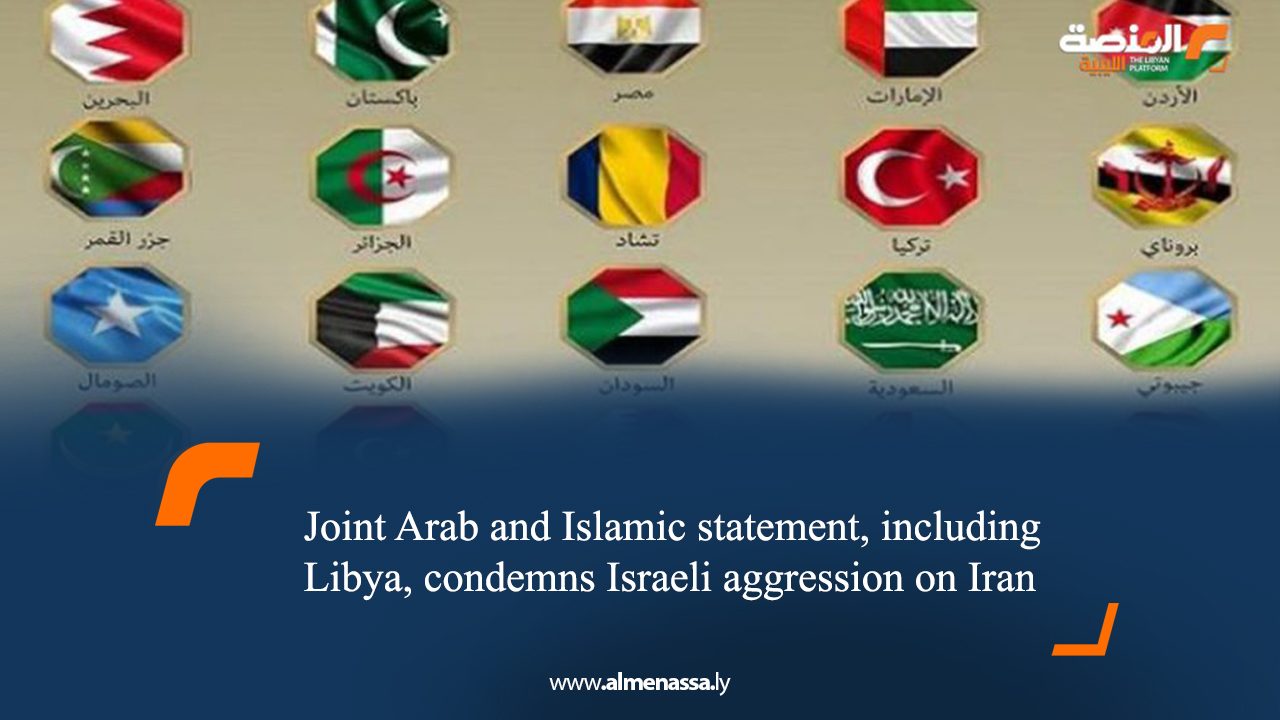Amid escalating regional tensions in the Middle East, the Egyptian foreign ministry announced today a consensus reached through an initiative by the Arab Republic of Egypt. This follows extensive consultations conducted by Foreign Minister Dr. Badr Abdel-Aty with several of his counterparts in allied and friendly nations, leading to the issuance of a joint statement condemning Israeli attacks on Iran and warning of the ramifications of the current escalation.
The foreign ministers of Jordan, the UAE, Indonesia, Pakistan, Bahrain, Brunei, Turkey, Chad, Gambia, Algeria, Comoros, Djibouti, Saudi Arabia, Sudan, Somalia, Iraq, Oman, Qatar, Kuwait, Libya, Malaysia, Egypt, and Mauritania participated in the statement.
In their joint declaration, the ministers affirmed their outright rejection and condemnation of the Israeli attacks targeting the Islamic Republic of Iran since dawn on 13 June 2025. They stressed that these aggressions constitute a blatant violation of international law and the United Nations Charter, demanding adherence to state sovereignty and territorial integrity, commitment to principles of good neighbourliness, and the peaceful resolution of disputes.
The ministers also expressed profound concern over the dangerous escalation, cautioning against its severe repercussions for regional security and stability. The statement emphasised the critical importance of halting Israeli hostile actions and immediately working to reduce tension and achieve a comprehensive ceasefire.
The statement called for clearing the Middle East region of nuclear and weapons of mass destruction, and for full adherence to the Non-Proliferation Treaty (NPT). It further stressed the inviolability of targeting nuclear facilities under International Atomic Energy Agency (IAEA) safeguards, given such actions represent a grave breach of international and humanitarian law.
The ministers reaffirmed the necessity of resuming negotiations on Iran’s nuclear programme as the sole path to achieving a sustainable agreement. Simultaneously, they underscored the importance of protecting freedom of navigation and not undermining the security of international maritime passages.
The statement concluded by asserting that military solutions will not resolve conflicts, and that dialogue, diplomacy, and steadfast commitment to the principles of international law are the only path to overcome the crises plaguing the region.


